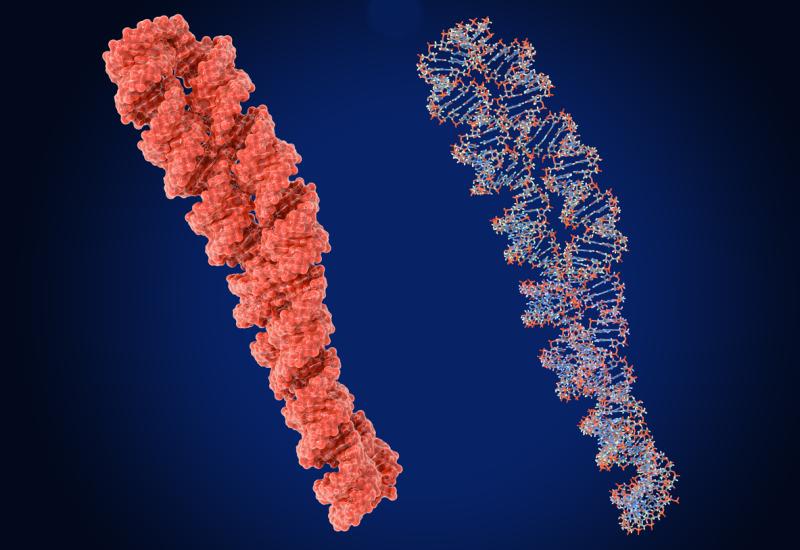
After Astra/EsoBiotec, AbbVie pays $2bn for Capstan

AbbVie shelling out $2bn for the private biotech Capstan Therapeutics represents another remarkable vote of confidence in in vivo Car-T therapy. However, the deal doesn't have an oncology focus, at least not in terms of its most advanced project. Though Capstan is known to have worked preclinically on CPTX2506, a Car-T therapy against BCMA for use in plasma cell disorders in cancer and autoimmune disease, it's the latter setting that appears to be the deal driver, with AbbVie citing Capstan's CPTX2309 as the key reason behind the takeover. CPTX2309 is an in vivo project that uses lipid nanoparticles to deliver mRNA encoding an anti-CD19 Car to CD8+ T cells, but is in phase 1 for autoimmune diseases. One question is where the deal leaves AbbVie's work with another private biotech, Umoja Biopharma, over whose own phase 1 in vivo anti-CD19 Car-T UB-VV111 AbbVie has an option. UB-VV111 uses not mRNA but a lentiviral vector to deliver gene payloads. Other pharma groups have bought into in vivo Car-T, including Novartis (collaborating with Vyriad) and Astellas (Kelonia), but until Capstan's takeover the biggest endorsement had come from AstraZeneca, which paid $425m in March to acquire EsoBiotec.
1521













